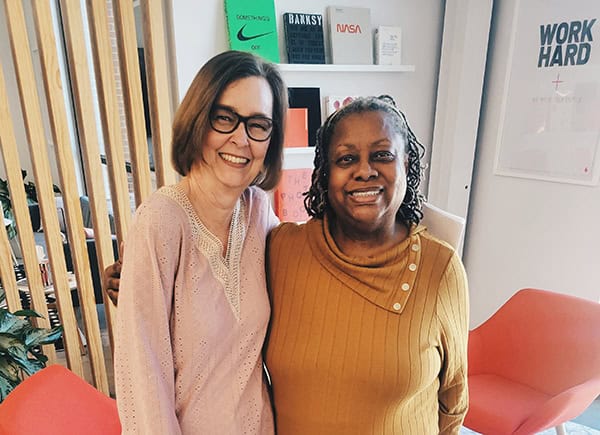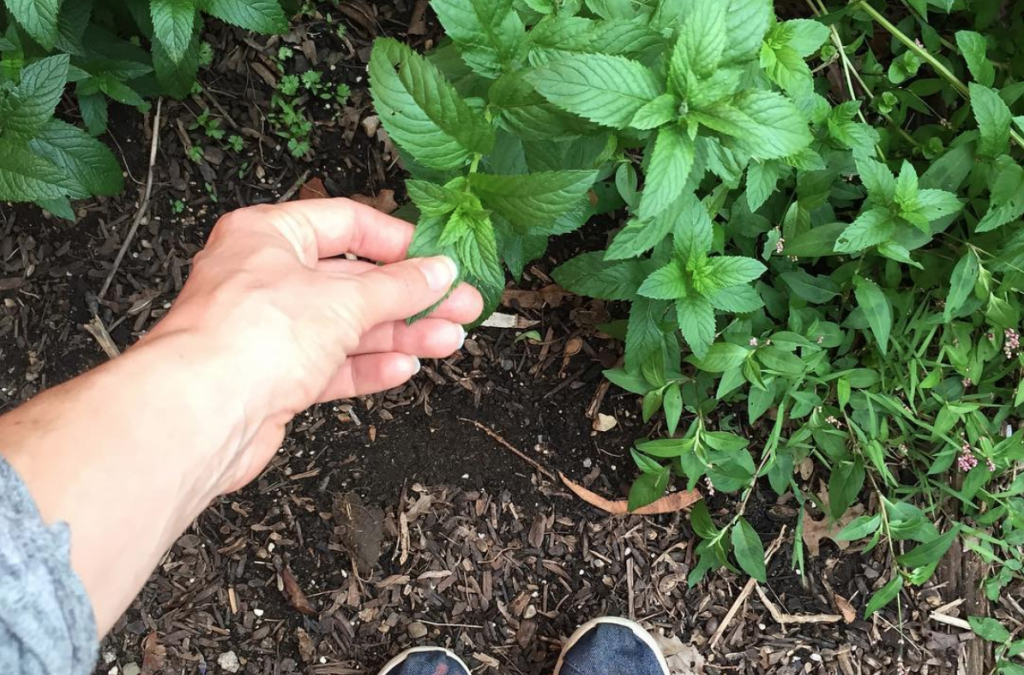
You can’t pour from an empty cup ☕️.
Self-care for foster parents is an important tool in the hard work of fostering kids from hard places. Like our kids, we need to be able to experience hard things and big emotions without becoming overwhelmed. There are the things you can do to remove daily stressors, but ultimately a shopping trip 🛒 cannot fix underlying issues.
Foster parents, or all of us really, should invest continually in our wholistic well-being: emotionally, physically, and spiritually.
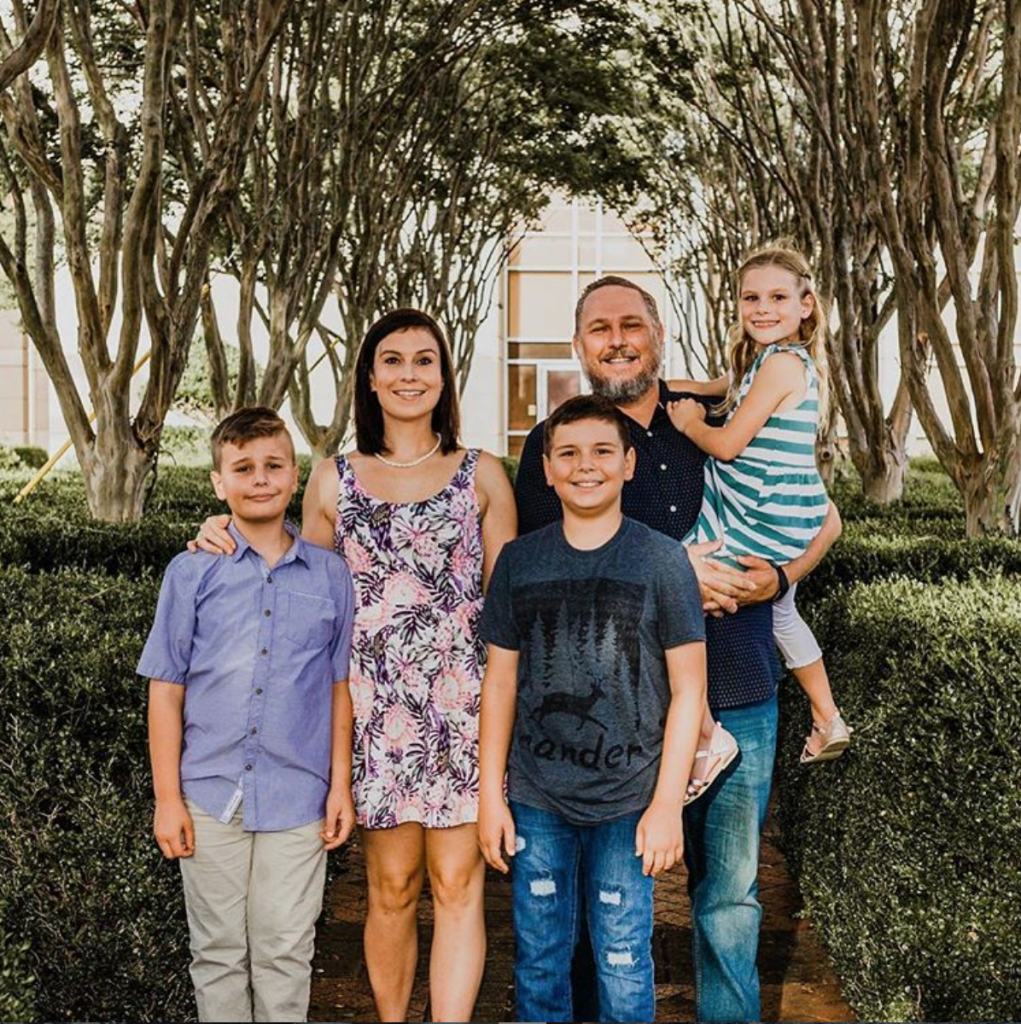
Corrie, a long-time foster parent, shares with us some of her best tips and tricks and why self-care has been so important in her own life. Corrie and her husband Phil began fostering seven years ago. They’ve had 12 long-term placements. They adopted their daughter from foster care in 2017. After doing this for so long, she recognizes that foster care is hard work- the daily grind of being a mom and then adding on the layers of kids coming from hard places, visits with case workers and therapists and appointments. It becomes a lot!
What are the stressors of foster care? And how does that impact you as a mom?
I think you can’t pour from an empty cup. What I think happens over time, you’re spending so much of yourself pouring into your kids. You’re making sure that with the things that are coming, that they’re being cared for emotionally. You’re mentally always thinking, “what does my child need?” If you have biological children, you’re thinking, “how are they being affected by that?” So mentally you’re there all the time and then you add the stressors of the daily needs like filling your refrigerator to that, and sometimes things happen in foster care and life very suddenly turns upside down. For example, a child may come back into care that you didn’t expect to come back in your home. Or a child leaves very suddenly. Then there are things unforeseen, cases that just go crazy directions. There is the emotional stress and the emotional upheaval that it brings. There is a burden of worrying about the unexpected. We want our lives to be planned out in some way. Sometimes you have to let go of so much- the expectation of perfection.
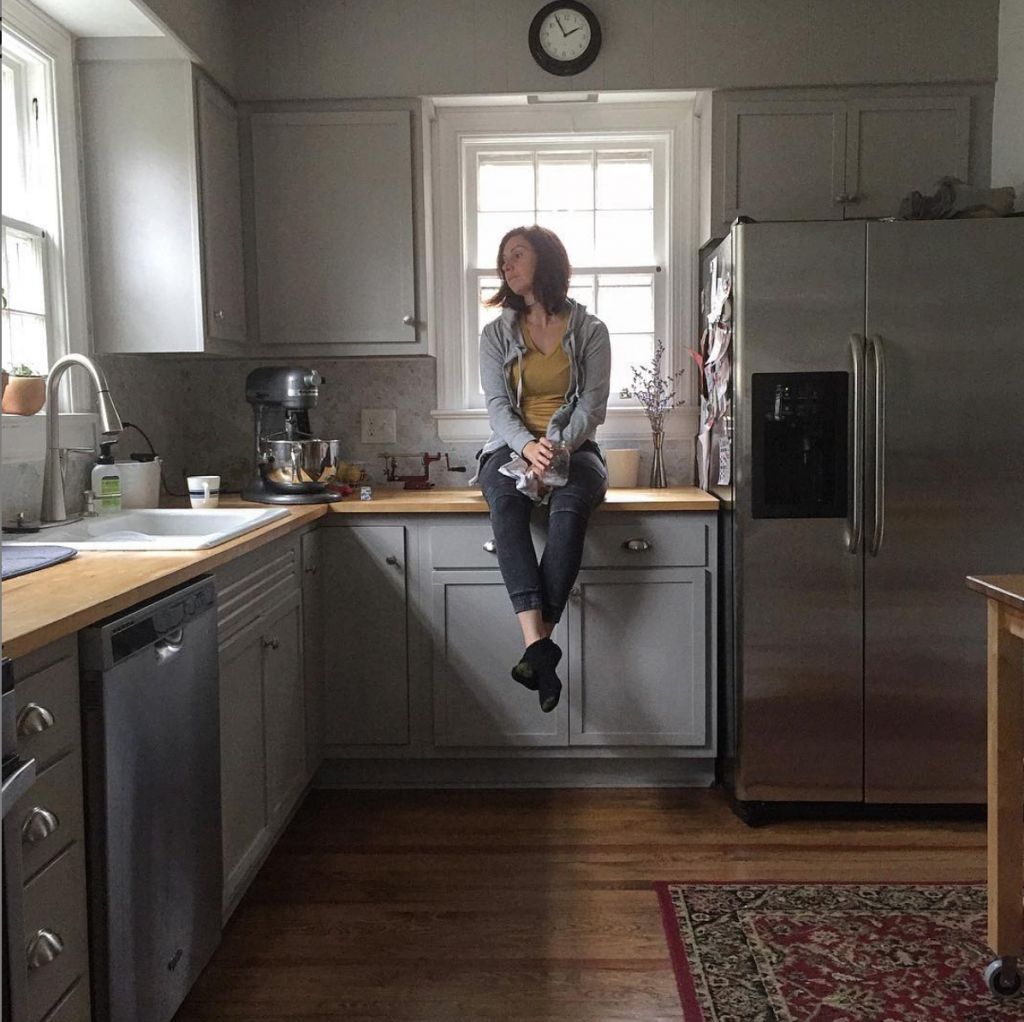
I want to be sensitive because the degree of stress that is on the children and their level of worry about the future is so much greater than ours. But at the same time, not knowing what lies ahead and things stretching out over long periods of time with no idea what’s going to happen whatsoever, takes a toll. You can feel really out of control. You may have some ideas of what is going to happen next, but you don’t know if those things are going to happen or not. What’s going to happen? You can’t control other people and their decisions, so there’s that. But it’s also natural that you’re absorbing some of the stress that your child feels about it. You don’t want to take them along for the ride of your own emotional roller-coaster. You can’t help but be affected by it. You have to have healthy boundaries, to realize that you’re not in control. You have to be the adult. You can’t become overwhelmed, but at the same time you can’t help but be affected because you love them. Anyone that you love, when you see that they’re worried or they’re struggling, you can’t help but be affected by it.
What are some of the self-care skills and strategies that you use when you begin to feel overwhelmed?
One of the things I really want to talk about is that to me there are two layers to self-care – the first is “surface” or quick fix, everyday forms of self-care. That is so different for everyone- what they do to decompress. For me, I love to read and get caught up in a novel. I love to cook.
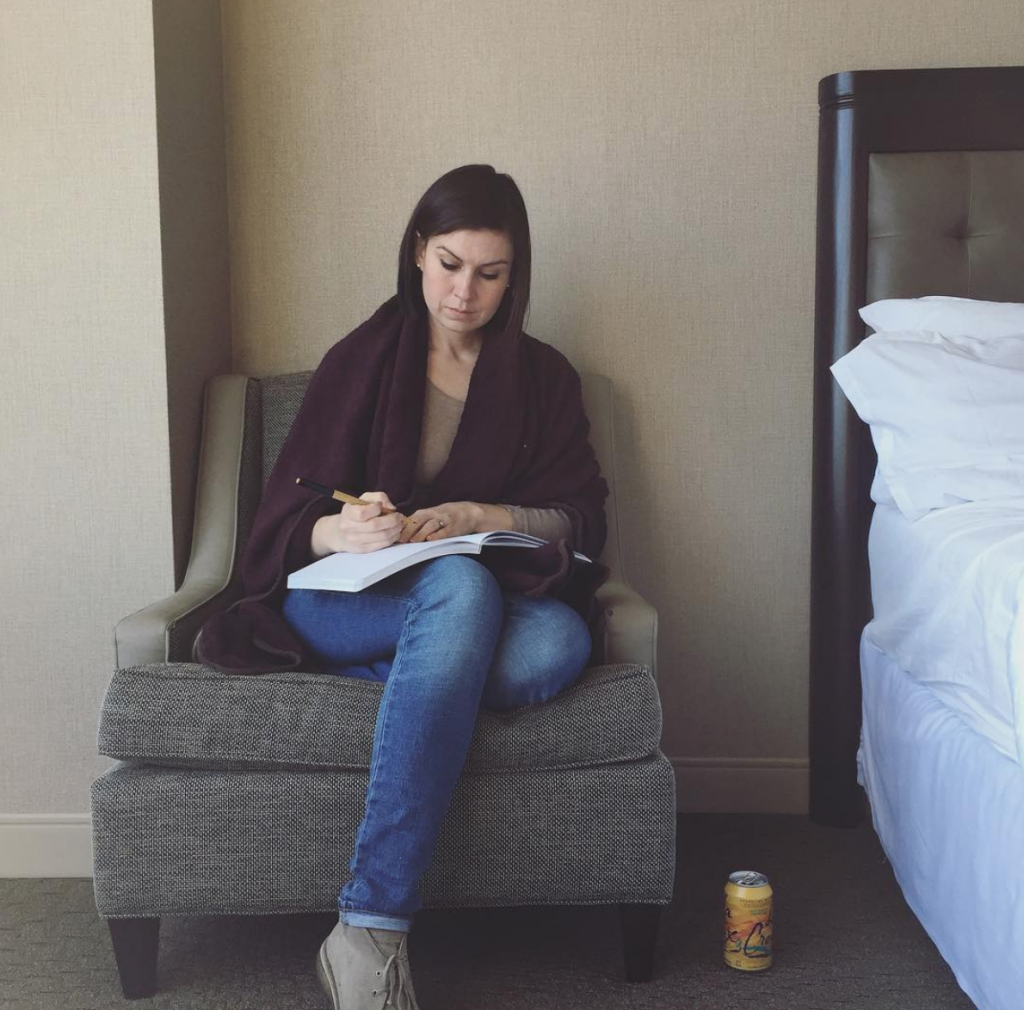
I’m a huge homebody and I love to spend time by myself to recharge. I think a lot of people enjoy doing things for themselves. I love going to get a haircut, doing things to remind me that I’m not just a mom- that’s not my whole role. So those kind of things are everyday things that I try to seek out. I have school aged kids so I know it may be harder for moms with babies and toddlers. It can be harder to find that time during the day. Everyone’s daily schedule is different. Everyone’s capacity is different. It isn’t fair to compare ourselves. Especially now, we kind of know from being in the social media world, there is this glorification of the hustler mom. She can just do it all and just gets her hustle on and has her cup of coffee and can take care of business. All her kids are Instagram-worthy. But you have to know your own limits and not apologize to others for those limits. I’m a lower-capacity person. I can’t be “go, go, go, go” or I’m going to lose my mind. I have to know that about myself and protect that so that my family and my home can all be well.
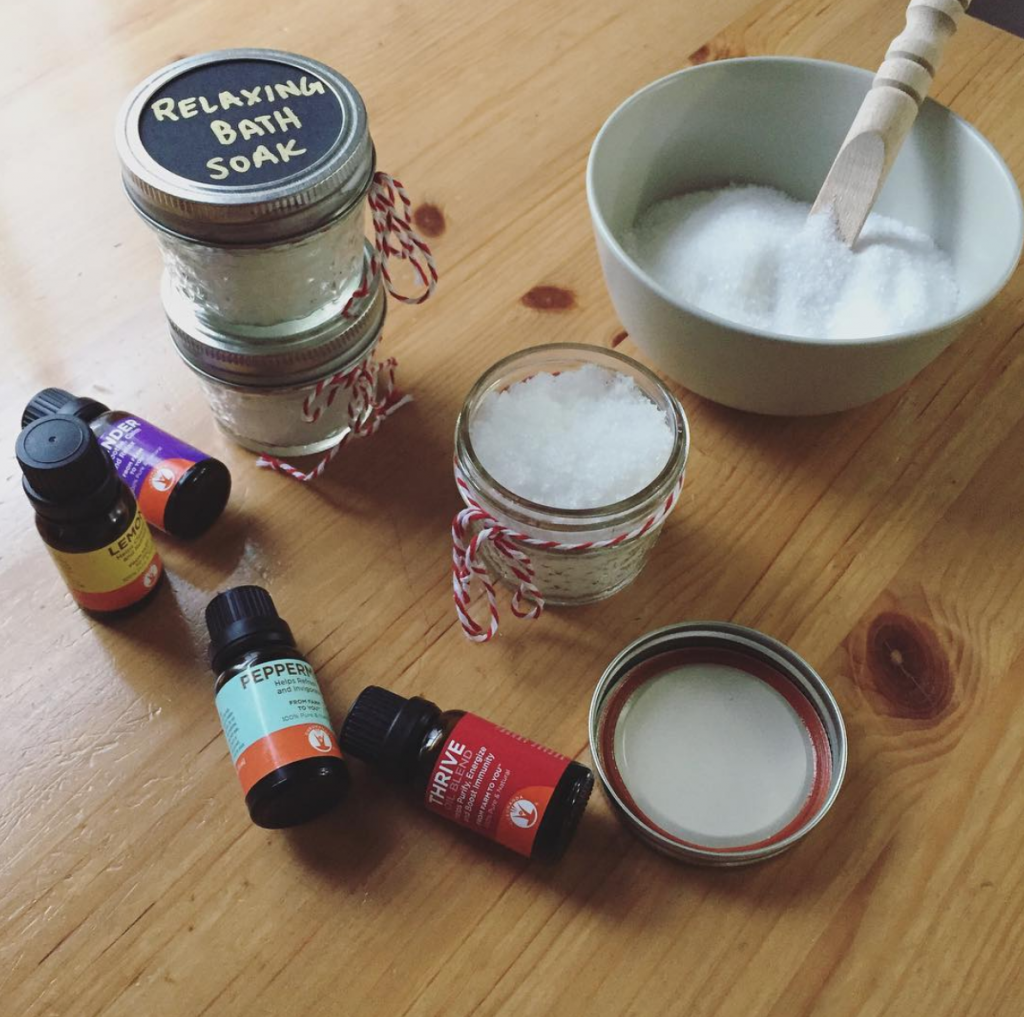
True well-being is deeper than quick-fix self-care. I think you have to realize that true self-care, true wellbeing, is not a want, it is a need. A crucial need. One of the things we need to remember as foster parents, and everyone’s foster care journey looks different and what they’re called to do, but if we want to be in this for the long haul, we can’t keep going if we burn out. We can’t continue if our family is so impacted negatively that they say, “we can’t do this anymore. I don’t want to do this anymore.” It’s so worthwhile no matter how long you do it. But if we focus on the deeper level of self-care I think families could persist longer. Some of the things I think about when we get into the deeper level of self-care aren’t as widely talked about. I have personally met with a counselor that specialized in foster care and adoption. He was a foster and adoptive parent himself so he could really speak into some of the issues that I was feeling. I didn’t like some of those feelings that I was having and I didn’t want to tell people I was having them. So to be able to sit down and have someone say, “I hear you” was so important. It’s crucial.
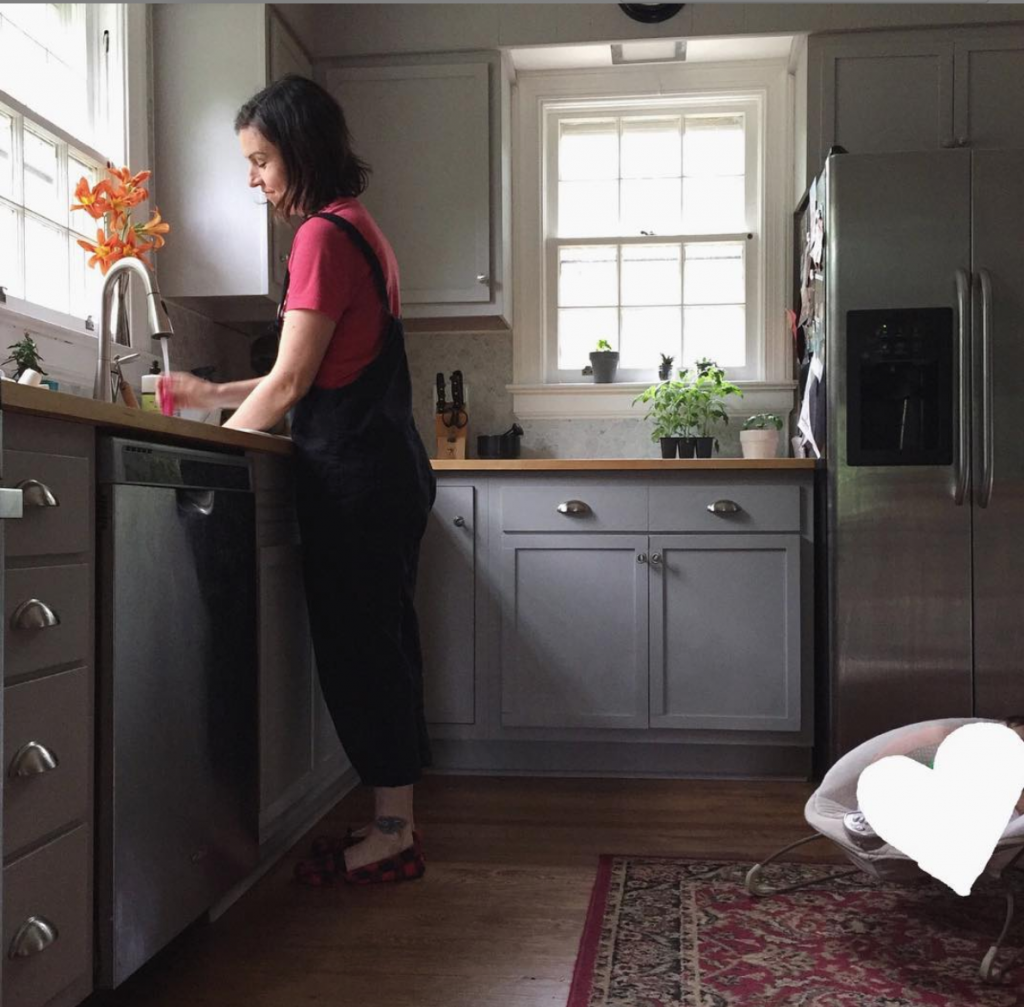
Last week on #FosterFridayLive we talked about doubts around adoption and the guilt that comes with it. It’s hard for some of us to admit our negative feelings and so it is crucial to seek wise counsel.
Another thing that I did was find a community of foster and adoptive moms in my life- people that I knew in real life. For a period of time, I didn’t have that. Where I was living, the foster families were not connected so I started attending a local support group. I made friends who were also foster moms and then I didn’t have to worry about them being sick of hearing about foster care or turning them off with all my foster care talk. I didn’t have to worry about them not understanding the things I was struggling with. I know before I started fostering that I would not have totally understood it.
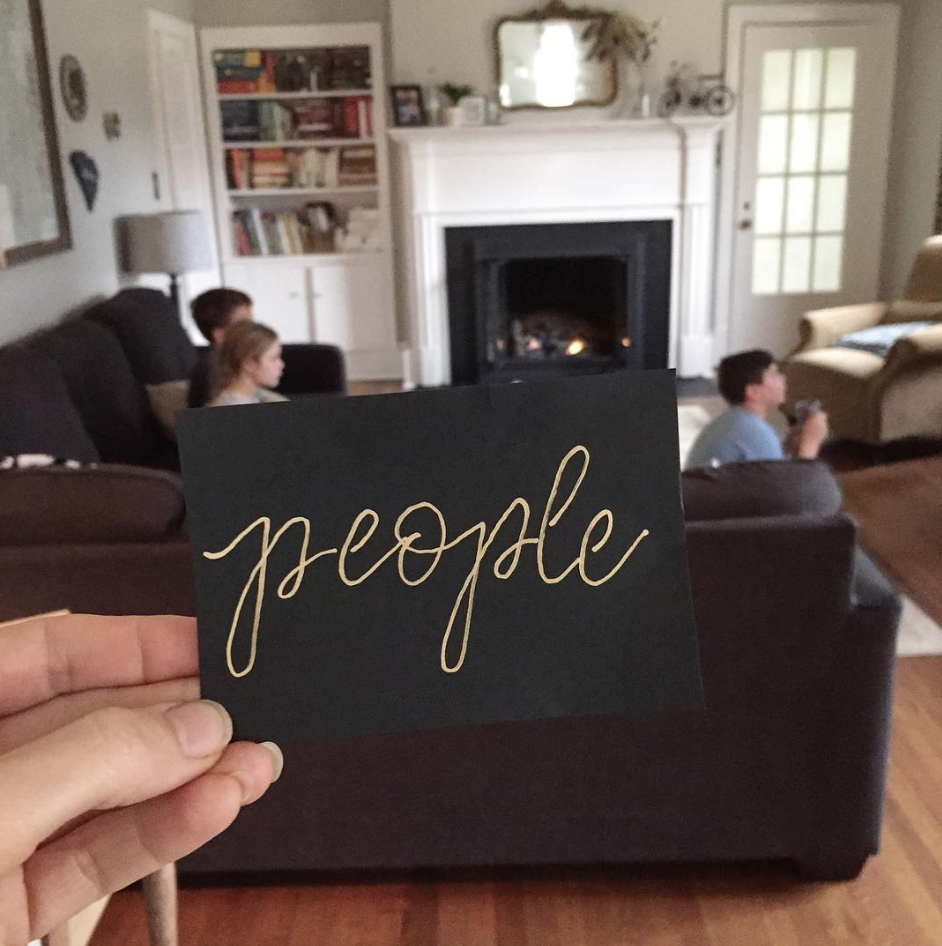
Having people in your life that can really listen, and spending time with those people is so special. I try to visit with foster moms once a week or every other week after the kids are all in bed. To me, that is a form of taking care of myself- spending time with my friends. And I tell my kids that- that I’m spending time with my friends, role modeling for them that it is a value. I love to remind my kids that I’m not just a mom. I am a mom and that is my great honor, but I have other things that I love too.
Finding your people in real life is so key. You can do that through your local Foster Parent Association, a local church ministry. You can also join our virtual SHAREfostering community to start. Start seeking out your village.
What is the value of self-care in your own life? What benefits have you seen?
I think one of the things that comes to mind first is that I would not be still fostering today. I think that we’ve had enough in these last years- loss, hurt, challenges- that if I hadn’t committed to self-care, we wouldn’t be fostering. I think we’d be at a place maybe in our marriage where things weren’t great.
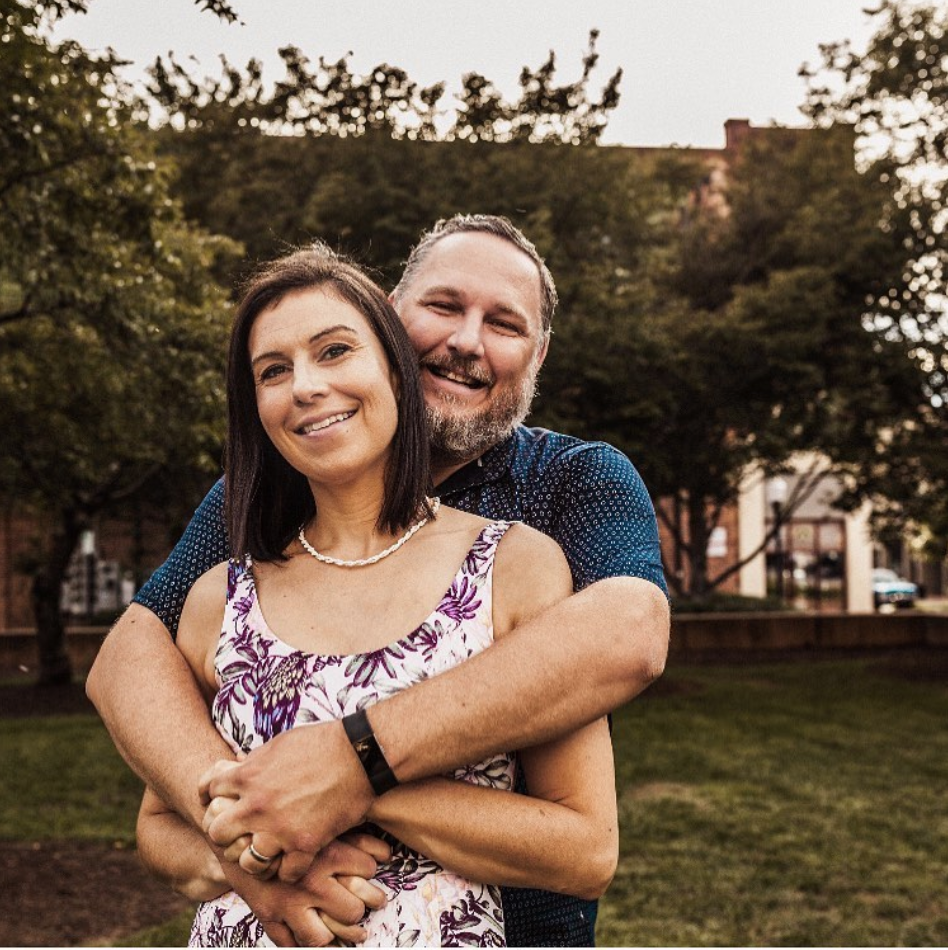
There are so many wonderful things about fostering for your marriage– learning how to communicate differently. But it can also be really challenging, and I think it’s really benefited my marriage for my husband too to spend time doing things that he loves and spending time with other men that he admires. I think we have a better marriage for that.
In general, I know that “in our homes with our kids, we need to be the thermostat and not the thermometer.” Where we are at emotionally needs to set the tone opposed to rather than pick up the temperature from other people in our homes when things are chaotic. If my cup is filled, if I’m getting enough sleep, if I’m trying to eat well, I’m taking care of my needs and doing things that fill me up- prayer is very important to me- I can handle other things in a way that keeps the atmosphere at level, balanced. Not perfect, but just not drained and feeling like one more thing may set me over the edge. We’re going to have bad days. That’s just being self-aware and knowing the difference between a bad day and really not being okay. It’s okay to not be okay. It’s okay to say, “I’m really in a tough place.” That is so hard for us.
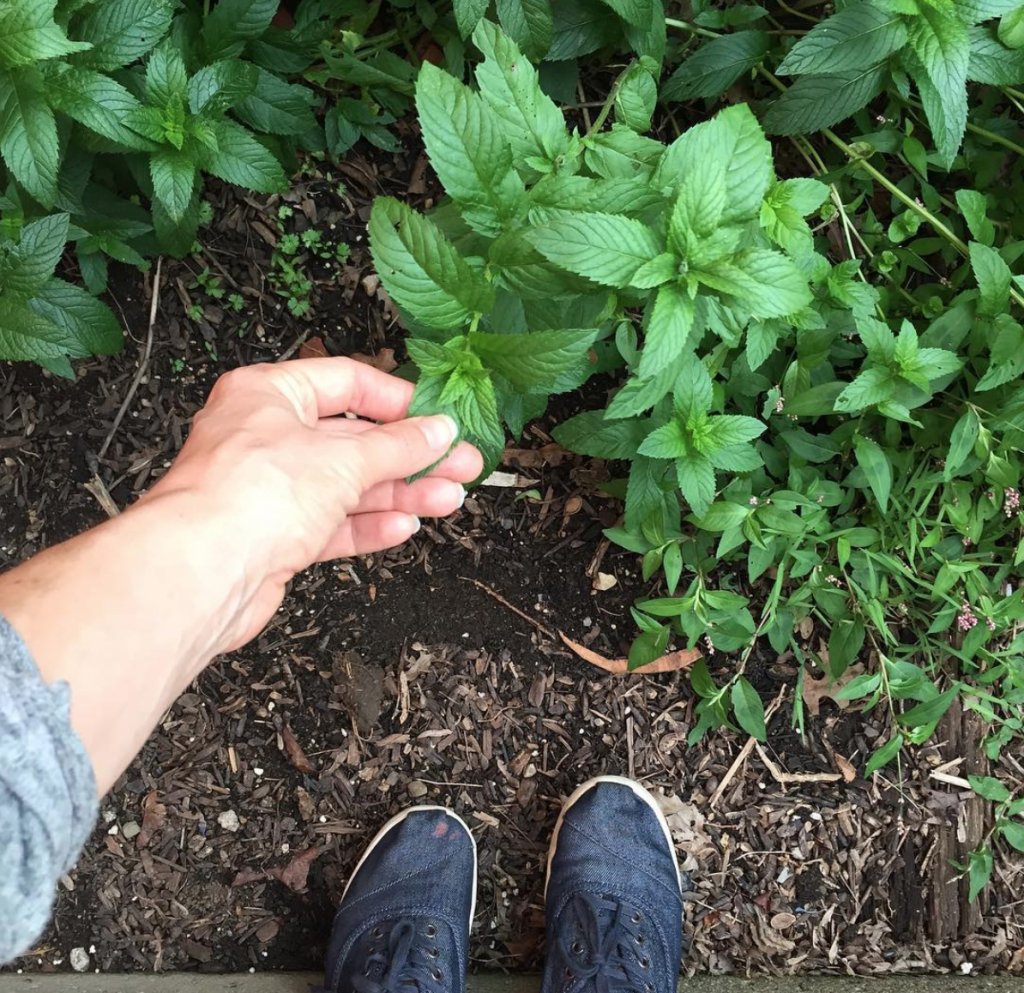
As foster moms, maybe we’re more of a helper. Sometimes it is hard to admit to the people around us that we’re in a tough spot and we need some additional support. But that is also a part of self-care.
Watch the full interview with Corrie on Youtube.

